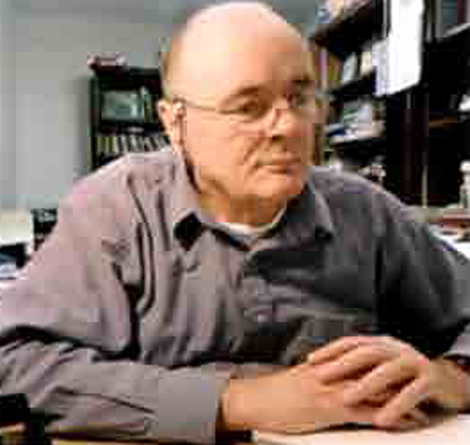
With many years of experience in studying, and following Restorative Justice, Michael Maher works as one of the Directors of the Smart Justice Network of Canada.
OK. So we’re angry at each other! Can we still have a future together?
Could changes in how to do justice spring from changes in our personal
relationships?
Whether in family or in citizen life, we offend, sometimes
seriously, mostly without malicious intent. We are often anxious to fix our
broken relationships. Restorative justice principles provide a way to a
healthy and positive life together in family and community.
Restorative Justice is an approach to right relationships that seeks to acknowledge wrong-doing, to stop the hurt, and to establish right relationships in a community context after an offence occurs. The best known RJ practice is the circle where all can speak their piece and be heard respectfully by the community. The circle includes all those impacted by the offence and works towards consensus in what offers satisfactory resolution. In criminal cases, some circles happen before sentencing, some after, and some during incarceration. This approach is no easy-out for either victim or offender; many offenders and victims who undertake the principles say that it is rather far easier to accept punishment as a resolution. But the harm festers when not addressed.
If we focus on ‘punishment and walk away’ or ‘separate and punish’ for resolution, there is no room for fixing the harm caused to either victim or offender. For the most part when we speak casually of justice, we really mean punishment. Restorative justice invites us to recognize that when an offence happens, personal or communal, harm is not just to the authority or state but to an individual, a family and a community. We have not just broken a law or a rule; we have harmed someone. Victims have repeatedly voiced the failure of our various systems to address their personal pain, even sometimes alleging that the current justice system re-victimizes them. Offenders struggle to find ways to regret their harmful actions and to offer sincere and committed reform. For them, the impersonal and sometimes violent system often leads to hardened hearts and repeat offending, leaving them without a way to re-enter family and community.
Restorative justice was first raised up among Aboriginal peoples and came to the non-Indigenous via alternate responses to youth crime. As the principles transferred to adult crime, proponents realized that restorative justice offers a model for right relationships for everyone.
Today this restorative justice vision of relationship is supplanting more and more the angry and vengeful response to deep hurt and painful confrontations in personal, social, community, and professional life. A quality life in community demands this different approach.
Abraham Lincoln concluded his first speech to the nation after the US civil war with these words:
“We are not enemies, but friends. We must not be enemies. Though passion may have strained, it must not break our bonds of affection. The mystic chords of memory will swell when again touched, as surely they will be, by the better angels of our nature.”
To learn more about Restorative Justice, read the following article from the National Catholic Reporter: Restorative Justice